- Write by:
-
Thursday, November 14, 2019 - 11:05:06 AM
-
720 Visit
-
Print
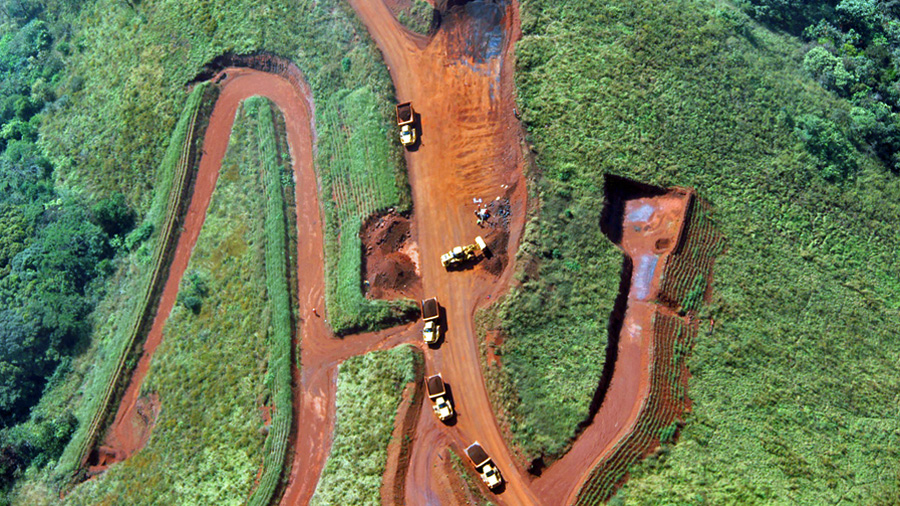
Mining News Pro - A China-backed joint venture between Guinea’s Societe Miniere de Boke and Singapore’s Winning International Group scored a big win in the iron ore world after securing on Wednesday rights to develop the northern area of Simandou, one of the world’s largest untapped deposits of the steelmaking ingredient.
According to Mining News Pro - The $14 billion bid submitted by the SMB-Winning consortium, whose investors include Chinese aluminium producer Shandong Weiqiao and the Yantaï Port Group, edged out Australia’s Fortescue Metals Group’s (ASX:FMG) $9 billion offer.
Guinea, which launched an international tender for blocks 1 and 2 of Simandou in mid-July, said the consortium had committed to build a 650km railway and a deep-water port on the country’s coast to ship the ore to key markets including China, the world’s top consumer of the commodity.
“The Simandou Project will be crucial for Guinea’s future,” Sun Xiushun, chief executive of SMB-Winning, said in the statement. “With the Transguinean railway, Guinea will now have a real lifeline linking four Guinean regions, accelerating administrative and economic decentralization and strengthening the country’s rail network.”
For some analysts, such as Eric Humphery-Smith from Verisk Maplecroft, the outcome of the tender is hardly surprising. “It was clear from the beginning that SMB was more likely to commit seriously to the Trans-Guinean Railway than FMG – a deal breaker for this project,” he said.
The question on everyone’s lips, Humphery-Smith noted, is whether the owners of Simandou North and South can come together to make the railway a reality.
“The main dividing line will be their respective financial input; an updated deposit appraisal at Simandou North is likely necessary before a deal can be struck,” he wrote.
The northern blocks became available early this year as part of a settlement between Guinea’s government and Israeli billionaire Beny Steinmetz’s BSG Resources (BSGR), which ended a bitter and long-dragged out dispute involving Rio Tinto, Vale SA and BSGR.
As part of the agreement, Steinmetz’s company agreed to walk away from the asset, but retained the right to mine the smaller Zogota deposit.
Battle for riches
At two billion tonnes of iron ore with some of the highest grades in the industry, Simandou is one of the world’s biggest and richest reserves of the steelmaking material, but it has a controversial past.
In 2008, one of Guinea’s former dictators stripped Rio Tinto’s rights over two of the four blocks the deposit had been divided on and handed them to BSGR.
Rio was able keep the two southern blocks, but only after paying $700 million to the government in 2011. That guaranteed the miner tenure for the lifetime of the Simandou mine.
That deal came under scrutiny in 2016, forcing the world’s No. 2 miner to fire two senior managers over a questionable $10.5 million payment made to a consultant who helped the company secure the two blocks and alerted authorities, including the US Department of Justice and the UK’s Serious Fraud Office.
BSGR and Steinmetz were also subject of several investigations over bribery and corruption accusations, but that ended with the deal inked early this year.
A few weeks later, a London arbitral court told BSGR to pay $1.2 billion to Vale, its former partner Guinea, due to “fraud and breaches of warranty” in inducing the Brazilian miner to enter the joint venture. The tribunal based its decision partly on the fact that the government revoked the concession in 2014 after finding that BSGR had obtained it by bribing officials.
Complex puzzle
SMB is Guinea’s leading producer of bauxite, key in the making of aluminum. More importantly, the company is said to have strong political ties in the West African country.
“Chairman Fadi Wazni is rumoured to be close to the president’s son Mohamed Alpha Condé. In a country where business and politics all too often overlap, more than one tender is needed to change a deep-rooted culture,” Humphery-Smith warned last month.
Rio Tinto holds a 45% stake in blocks three and four of Simandou, which it is actively planning to develop. State-controlled Chinalco owns 40% and the Guinea government 15%.
Both companies are said to be trying to persuade authorities to let them use ArcelorMittal’s railway to a port in neighbouring Liberia.
China’s resource dependence on Guinea has increased in recent years. In 2017, Beijing agreed to loan President Condé’s administration $20 billion over almost 20 years in exchange for bauxite concessions.
Analysts say Guinea’s population has so far seen little benefit from Chinese investment.
Short Link:
https://www.miningnews.ir/En/News/445363
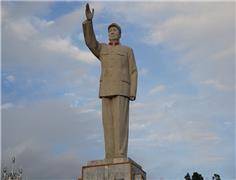
China’s state planner on Friday finalized a rule to set up a domestic coal production reserve system by 2027, aimed at ...

Chile’s SQM called another investors meeting at the request of its second-largest shareholder, Tianqi Lithium Corp., ...
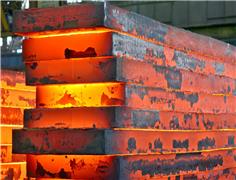
Iron ore futures prices drifted higher on Thursday as the latest soft data from top consumer China triggered renewed ...
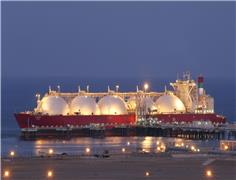
Vitol Group confirmed that it’s starting to rebuild a trading book for metals after a long stint out of the market, with ...

Copper traded near a 15-month high as supply concerns and brighter demand prospects triggered a slew of bullish calls on ...
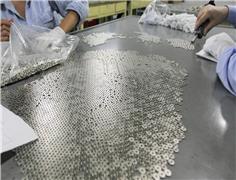
Rare earths prices in top producer China jumped to their highest in more than seven weeks on Monday on a wave of ...
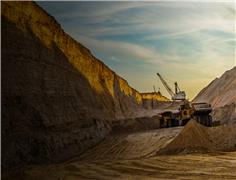
Australia’s Fortescue said on Monday it would form a joint venture with OCP Group to supply green hydrogen, ammonia and ...
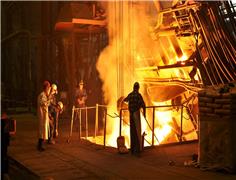
Iron ore’s reset to around $100 a ton is indicative of a broader reshaping of China’s commodities markets that favors ...
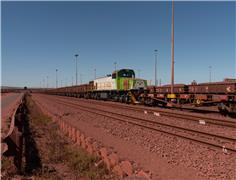
Iron ore reversed direction after dropping to its lowest level in 10 months as optimism that the country’s economic ...
No comments have been posted yet ...